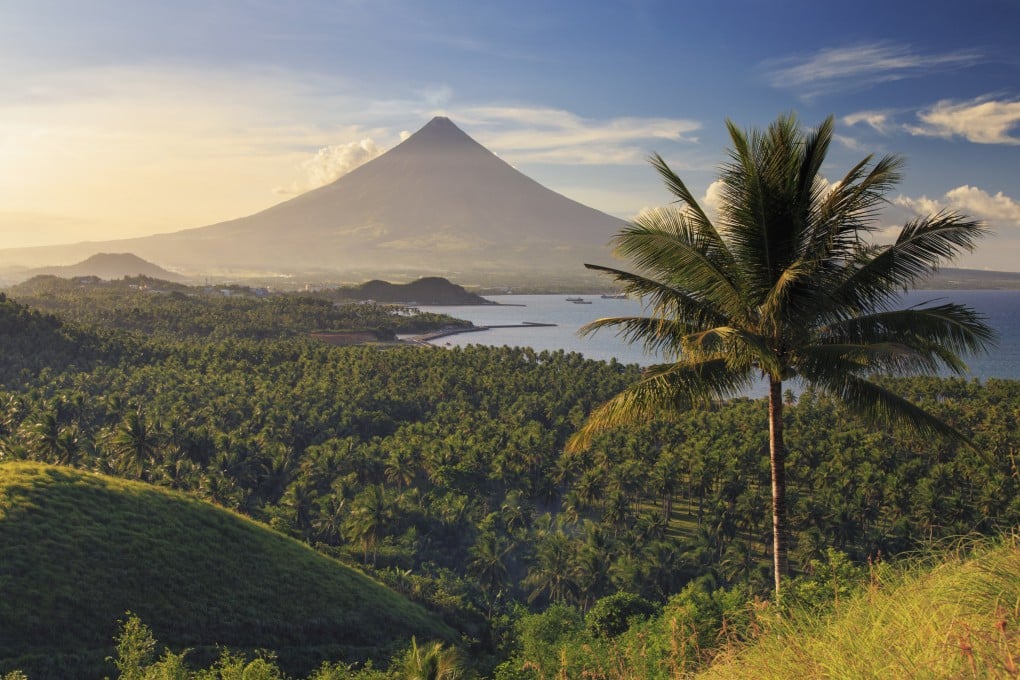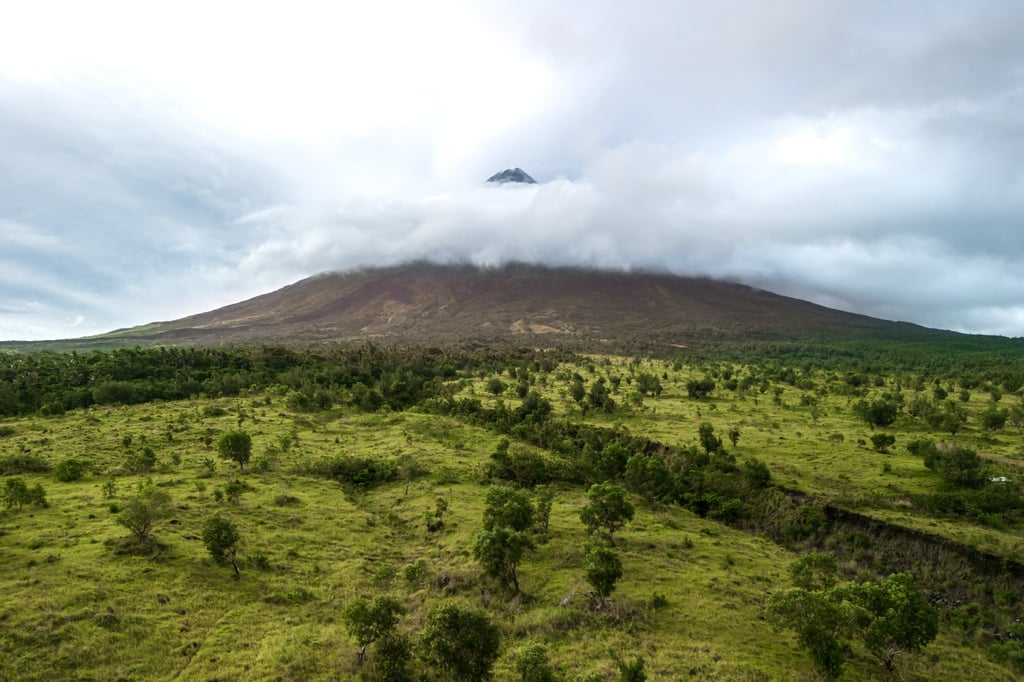Spicy food in the Philippines? Yes, in Bicol, where you can even find fiery ice cream
- The Bicol region is characterised by its volcanoes, one of which adorns a Philippine banknote and gives its name to the fieriest of ice creams
- The region’s best known dish is Bicol express, which contains pork belly, chillies and coconut milk and is named after an old rail link

The food of the Philippines is many things. It is sour, spiked with the coconut vinegar that matures in backyard barrels; it is sweet, lashed with sugar from the canes that grow tall in the fields of Negros Occidental.
Even on the map, Bicol looks like an outlier, a seahorse-shaped peninsula pointing south from the northern Philippine island of Luzon.
Growing up with a Filipino mother, I had heard tales of Bicolano food, the Philippines’ maverick cuisine: chillies by the bucketload, coconut-milk dishes that sounded more Thai than Filipino. What I never heard was an explanation as to why this was so.

I ponder this question while taking a short flight from Manila to the Bicolano city of Naga. From above, Mount Isarog, one of Bicol’s four active volcanoes, appears crumpled, collapsed under its own power. Perhaps the heat in Bicolanos’ food reflects their volatile environment, I think.
In Naga, I recount my theory to my Bicolana guide, Liezel Mascarinas, and it turns out I am partly right, although the volcanoes’ influence is more geological than metaphorical.
